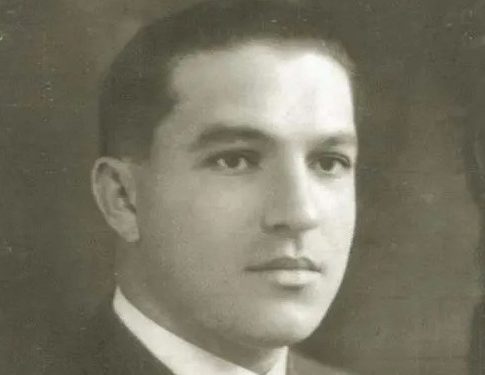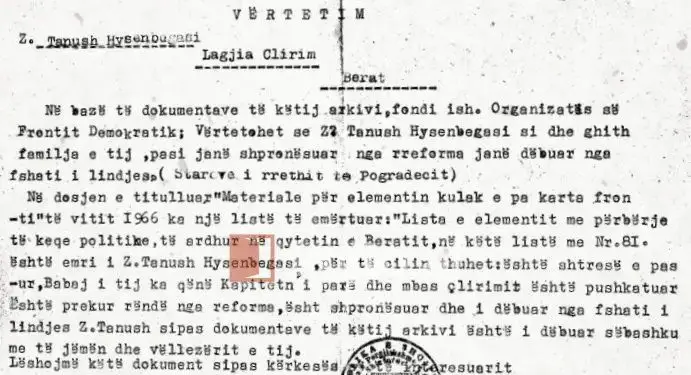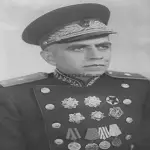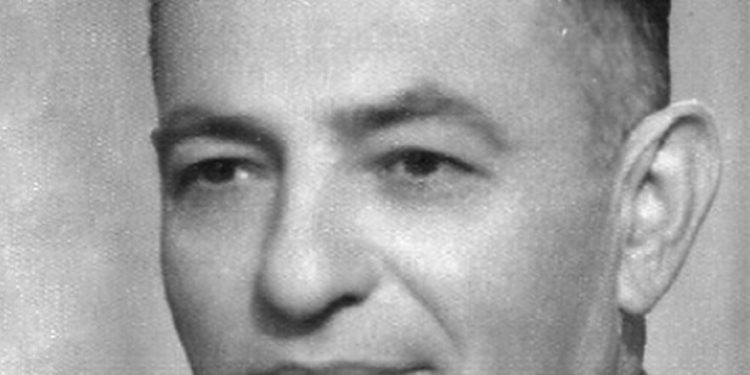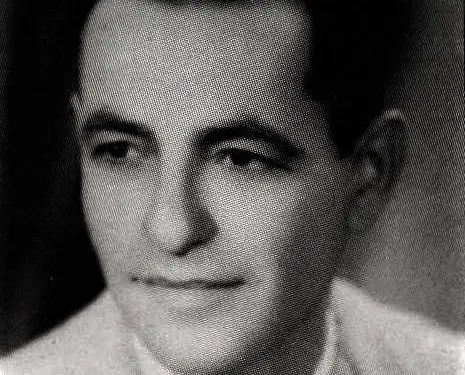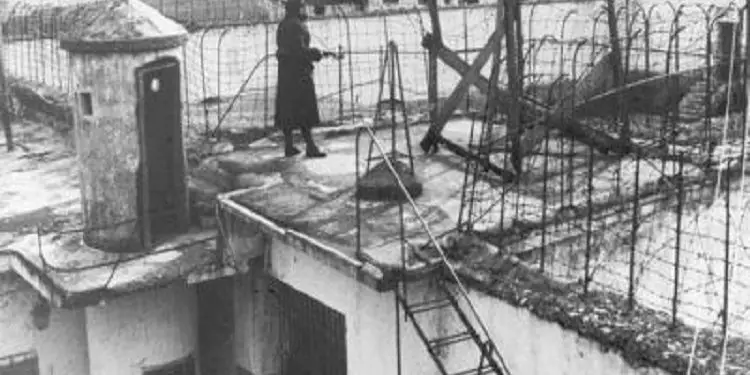Memorie.al / September 17, 1947 would be the last day of the life of the lawyer Ferit Hysenbegasi, involved in the second process of the so-called “Trial of deputies”. After nearly nine months of terrible torture in the interrogator, he had closed his eyes, on that very day, when he had received a hard blow with a boot on his chest, from Bedri Spahiu, who had vented all the anger of a process that was not going well, as the regime wanted and had foreseen. After that blow, Ferit Hysenbegasi closed his eyes forever.
At his home in Tirana, his wife Qanie and their four sons Ylvi, Fatos, Bardhyl and Tanushi, knew nothing about his tragic end. They hoped that everything would be cleared up and Ferit would return home, as he had never been politically involved in any period of his career as a lawyer.
But he never returned to the family, neither alive nor dead. Today, all day long, the family members seek to unravel the mystery of the tragic act and to discover the secret grave where the regime tried to erase every trace.
As the son, Bardhyli, explained in his public confession to the media, they received the first signal about the circumstances of his father’s death only in the early 70s, about 25 years after his death under torture.
Bardhyli tells: “From the beginning of the 70s, a man from a village in Korça, with a small sick child by the hand, his grandson, took the road towards Vlora and knocked on the house of doctor Isufi (the brother of to the lawyer Ferit Hysenbegasi). My angel, unsparing human, as everyone knew him, visited the boy with care, while the villagers were shedding tears from his eyes.
He asks; “What’s wrong, why are you crying, don’t worry, I’ll heal the boy” and he tells her that he was actually crying for an old hostage. In ’47 he had been a policeman and he had witnessed the death of Feri Hysenbegas. His confession to Dr. Isuf was this: “I was a policeman in Tirana in 1947, at the prison where the arrested were kept in detention rooms. Your brother, Ferit, was also there. They tortured him constantly.
One day the interrogator was interrogating him and brutally torturing him, hanging upside down. When the investigator comes out of the cell, Bedri Spahiu, who was waiting outside, says to him: “Hey, did you take something out”?! ‘No’, he replies. Then Bedriu, enraged, entered the cell himself and, shouting and cursing: ‘You’re talking, you got a dog’, and hit him in the chest, with the tip of his boot, hard…! For death. So, doctor, you don’t know, but your brother ran away from this life with the hole left in his body by Bedri Spahi’s boot”.
Further, after other investigations of the family, Bardhyli remembers how he also found out how to alienate and hide the act of murder from the investigator, disguising it as a “heart attack” through a medical report.
Bardhyli says that in 1991, as part of the rehabilitation of the politically persecuted, while trying to find documents about his father’s status, and after the disappointment he encountered in all the state offices, according to information discovered in private streets, he had found the name of a doctor in Tirana, doctor Petraq Progri, who had written the medical report.
“This elderly man, when he found out whose son I was, took me into the house. I told him that I had to prove that my father had died in prison, and I couldn’t find documents and that ‘I know that you issued a medical report’, he told me: ‘Listen, son, it’s true. At that time I was a military doctor.
One afternoon, Mihallaq Ziçishti from the Ministry of the Interior called me and told me that they had a sick prisoner in prison that I had to visit. Alone there, I enter the cell and what do I see? Dead ferrite, degraded by torture. They forced me to issue a medical report, where I noted that he had died of a heart attack.”
Ferit Hysenbegasi was arrested on the eve of the new year 1947, two days after his brother, the doctor Isuf Hysenbegasi, had been handcuffed. After long months of torture by this investigator, only Isufi would come out alive, who spent his long ordeal of suffering and torture in the terrible camps of political prisoners.
However, the family was not informed about the death of the lawyer Ferit Hysenbegasi. They would discover the truth partially, one day, when by chance his wife Qania, after she had gone to take him clothes and food to the dungeons of the investigation, realizes that something had happened to him.
They told him that he was no longer there. After being convinced of his death, she insists from office to office, trying to get at least her husband’s body, but Qania, despite all her efforts, had no results. They had disappeared the body on purpose, to hide the crime that had taken place in the investigation room.
Ferit Hysenbegasi still remains without a grave today. He was born in Pogradec in 1911. He finished his law studies in Belgrade in 1933 and practiced as a judge in several districts of the country, both during the years of the kingdom and during the war years. He was arrested in the last days of December 1946 and, after nearly 9 months, the investigator died under torture after being shot hard in the chest by Bedri Spahiu. Officially, his death was reported as a heart attack, while the body, despite the requests and insistence of the family, was never returned.
The data of this article refer to the confessions of Bardhyl Hysenbegasi, the son of the lawyer, Ferit Hysenbegasi./ Memorie.al




